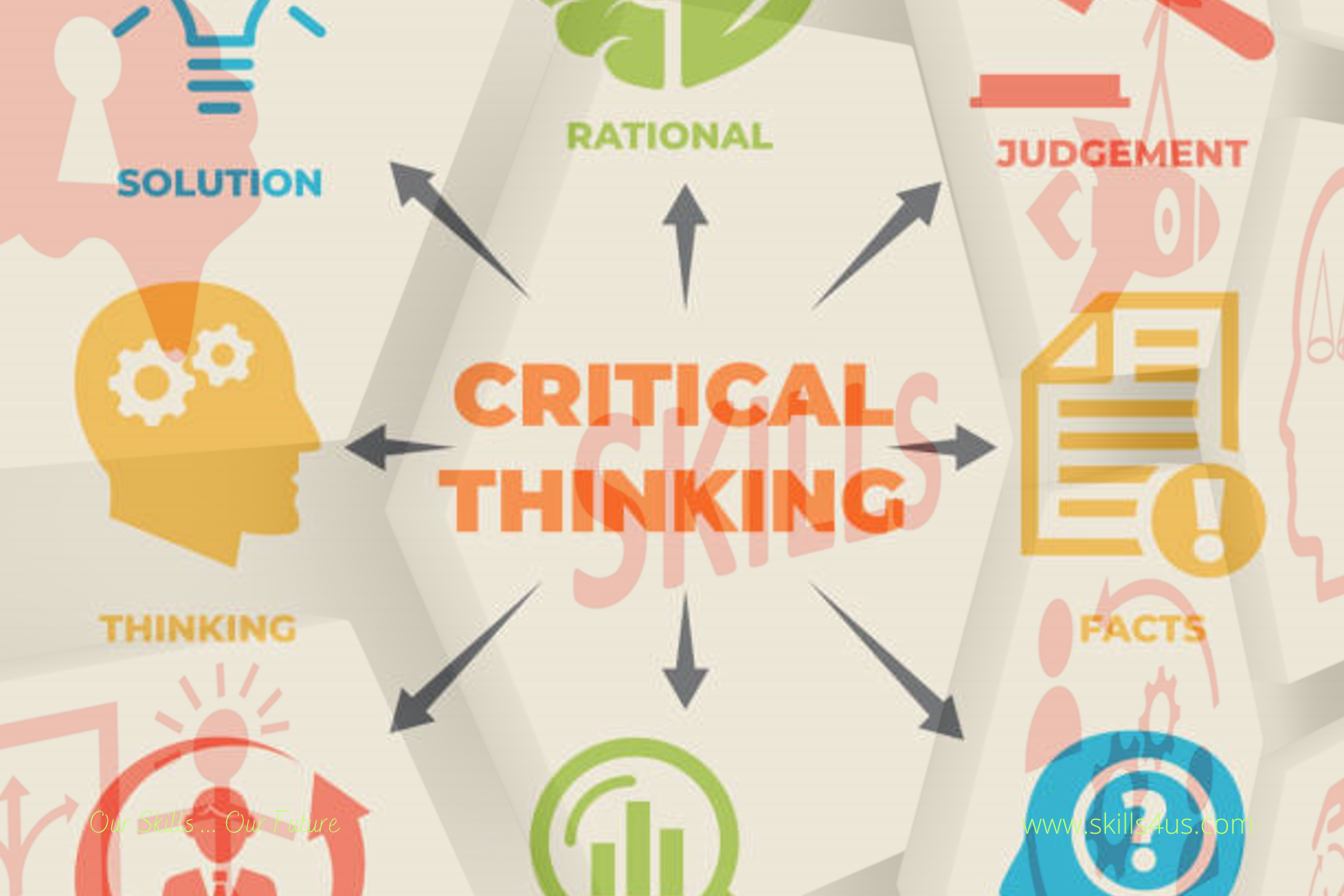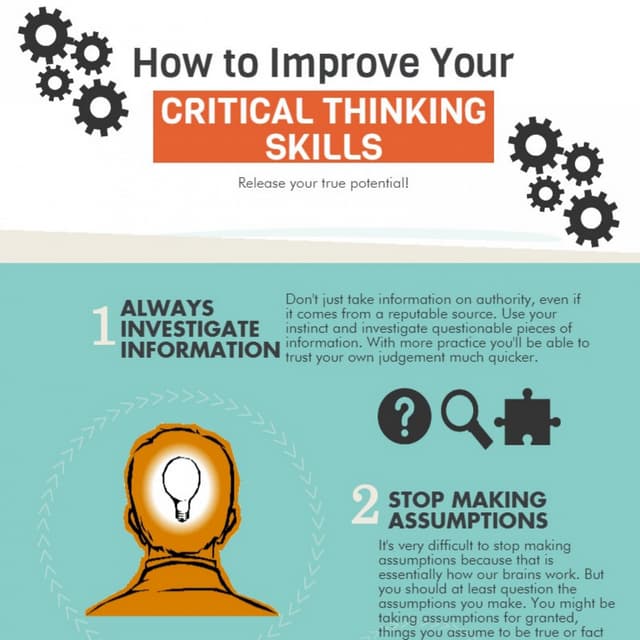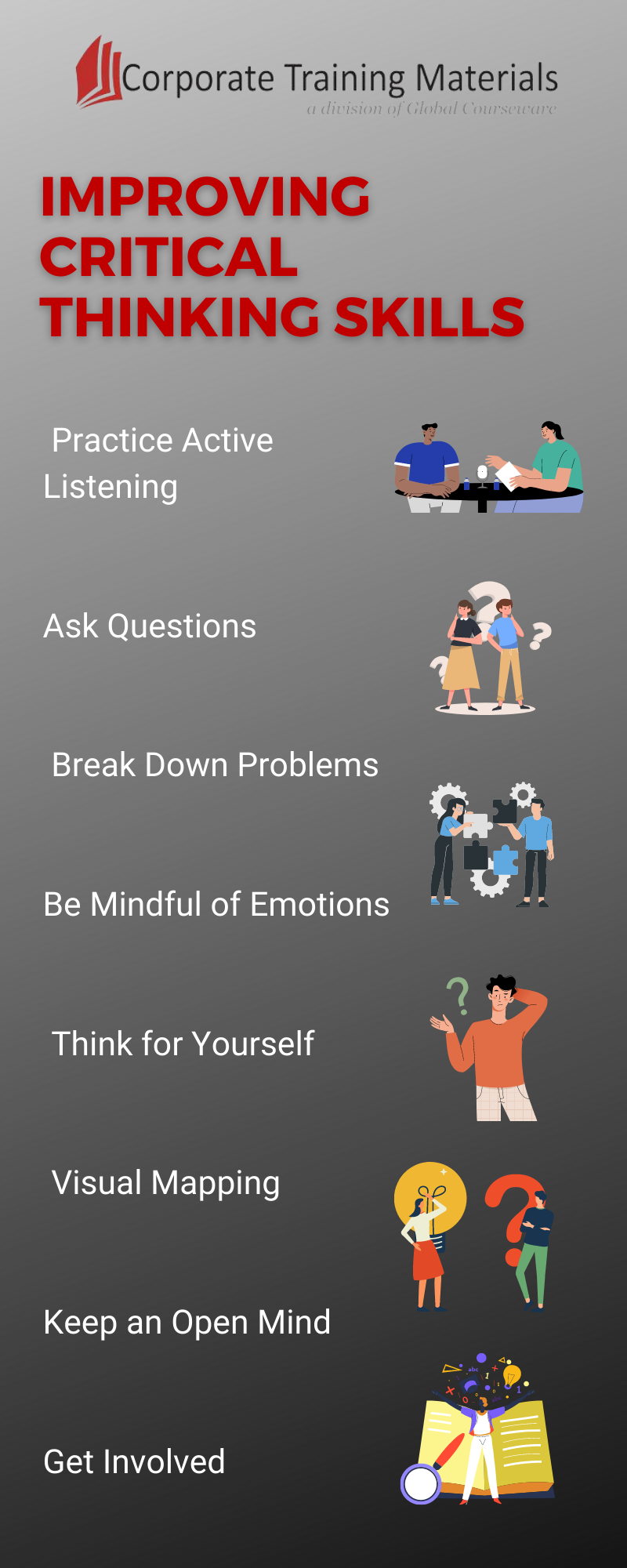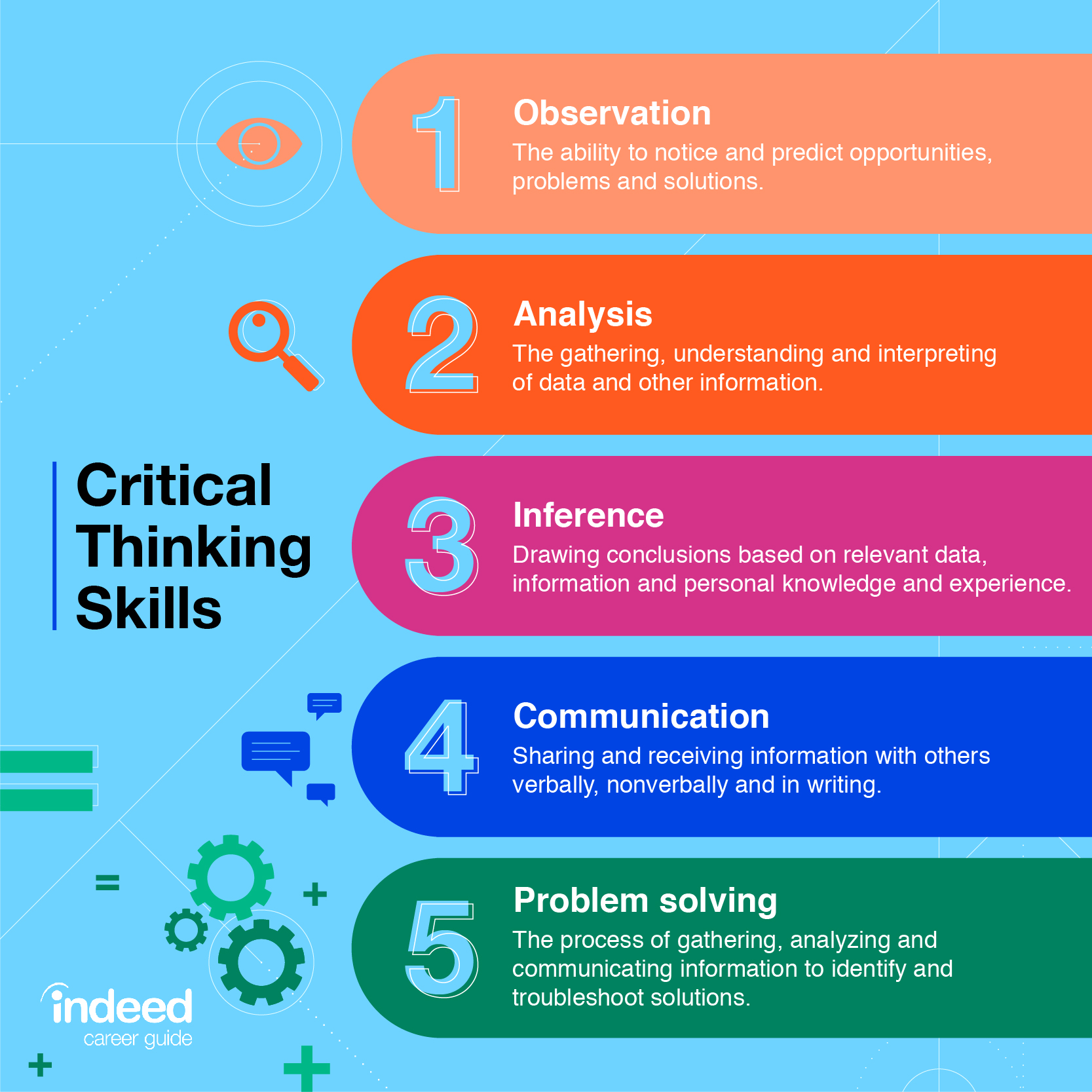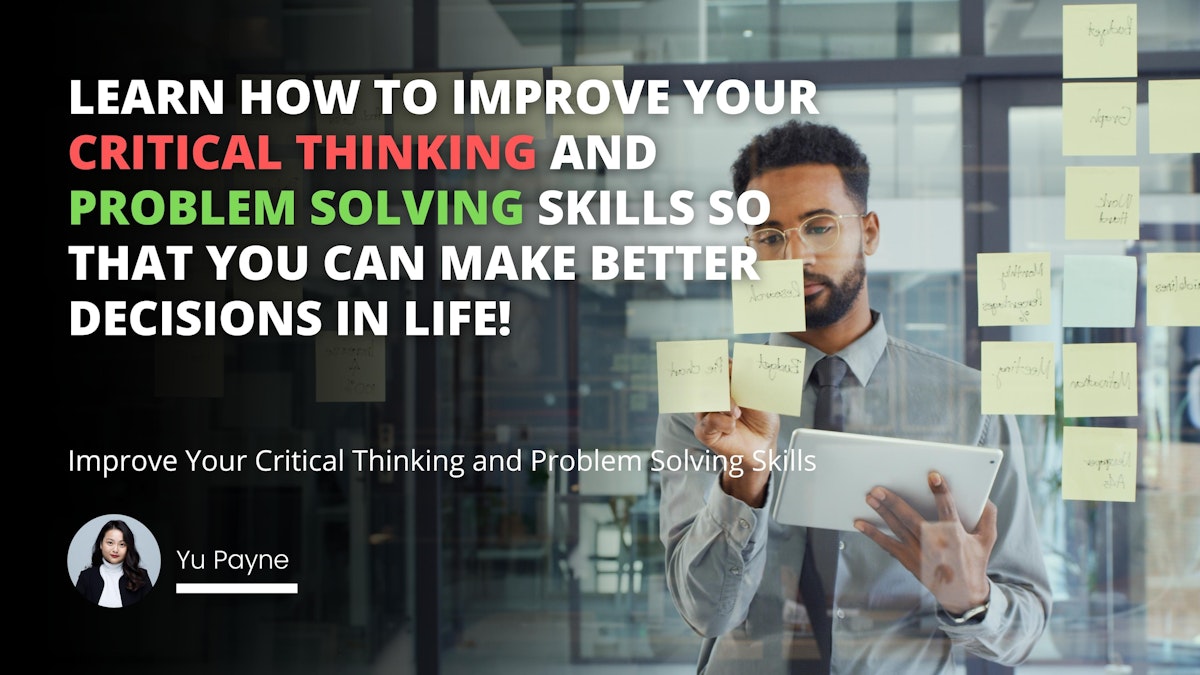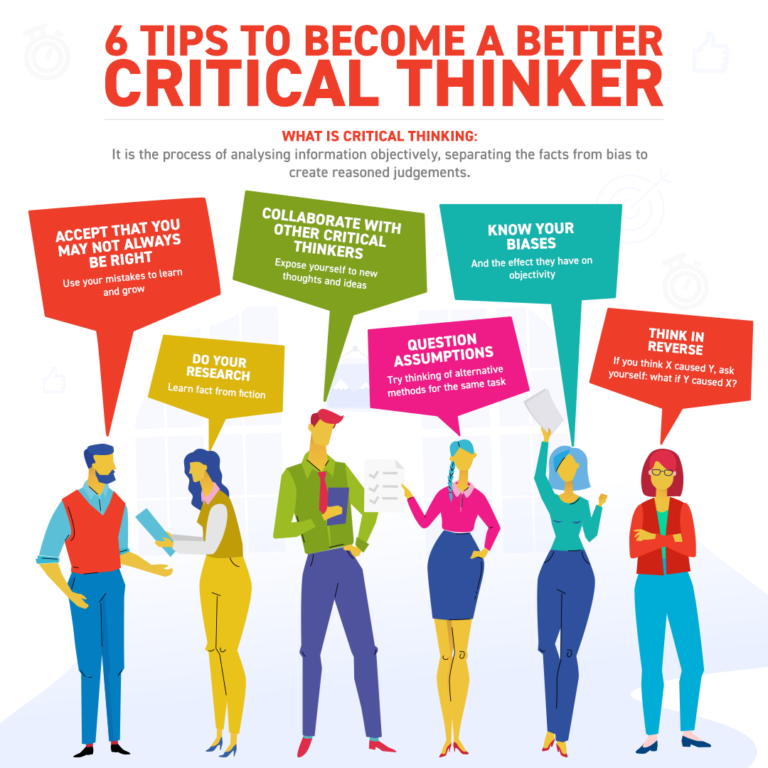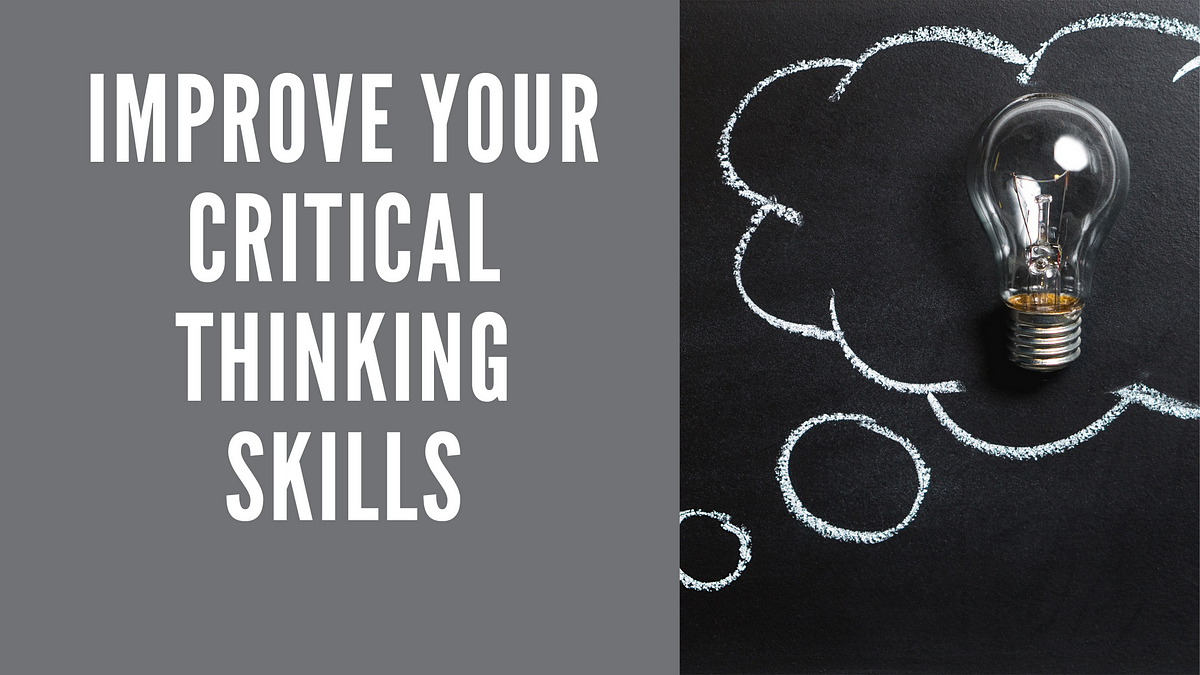Improve Your Critical Thinking Skills

In an era defined by information overload and rapid technological advancements, the ability to think critically has become an increasingly vital skill. From navigating complex social issues to making informed decisions in professional and personal life, critical thinking empowers individuals to analyze information objectively and form reasoned judgments. Recognizing this growing need, various organizations and educational institutions are doubling down on efforts to promote and enhance critical thinking skills across diverse populations.
At its core, critical thinking involves analyzing information objectively and making reasoned judgments. It is a skill that enables individuals to evaluate arguments, identify biases, and solve problems effectively.
A recent report by the World Economic Forum highlighted critical thinking and analysis as one of the top skills employers are seeking in the current workforce. This underscores the importance of developing these skills not just for academic success, but also for career advancement and overall professional competence. The report predicts a significant increase in demand for employees who can demonstrate strong critical thinking abilities.
Why Critical Thinking Matters
Critical thinking skills are essential for informed decision-making in all aspects of life. Individuals with strong critical thinking abilities are better equipped to evaluate information, identify misinformation, and make sound judgments based on evidence. This is particularly important in today's society, where individuals are constantly bombarded with information from various sources, many of which may be unreliable or biased.
Furthermore, critical thinking fosters creativity and innovation. By encouraging individuals to question assumptions and explore different perspectives, it stimulates new ideas and solutions to complex problems.
“Critical thinking is the foundation of innovation, problem-solving, and effective decision-making," says Dr. Anya Sharma, a professor of cognitive psychology.
It is essential for students to master critical thinking skills to succeed in today's world. Students who have critical thinking skills are able to solve complex problems, better collaborators, and innovative contributors to their field.
Key Components of Critical Thinking
Several key components contribute to effective critical thinking. These include analysis, interpretation, inference, evaluation, explanation, and self-regulation.
Analysis involves breaking down complex information into smaller parts to understand its structure and relationships. Interpretation focuses on understanding the meaning and significance of information.
Inference is the ability to draw conclusions based on evidence and reasoning. Evaluation involves assessing the credibility and validity of information.
Explanation is the ability to communicate complex ideas clearly and concisely. Self-regulation involves monitoring one's own thinking processes and adjusting them as needed.
How to Improve Critical Thinking Skills
Fortunately, critical thinking skills can be developed and improved through conscious effort and practice. Numerous strategies and resources are available to help individuals enhance their critical thinking abilities.
Engaging in active reading is crucial. This involves questioning assumptions, summarizing key points, and analyzing the author's arguments.
Practicing problem-solving is also an effective way to improve critical thinking skills. This could involve solving puzzles, analyzing case studies, or participating in debates.
Educational institutions and organizations are increasingly incorporating critical thinking skills into their programs and training. Workshops, seminars, and online courses are available to provide individuals with the knowledge and tools they need to develop their critical thinking abilities. Many universities now offer dedicated courses in critical thinking.
Several online resources are also available such as online courses that are available through platforms like Coursera and edX. Also, critical thinking workbooks and study guides are available in bookstores or online.
The Impact on Society
The widespread cultivation of critical thinking skills has the potential to transform society in profound ways. A more critically thinking population is better equipped to engage in civil discourse, make informed political decisions, and resist manipulation and propaganda. Critical thinking is essential to a healthy democracy, allowing citizens to evaluate candidates and policies rationally.
In addition, critical thinking can drive innovation and progress in various fields. By encouraging individuals to question assumptions and explore new ideas, it can lead to breakthroughs in science, technology, and other areas.
By prioritizing the development of critical thinking skills, we can empower individuals to navigate the complexities of the modern world, make informed decisions, and contribute to a more just and equitable society. Dr. Robert Sternberg, a leading expert in intelligence and critical thinking, emphasizes that "cultivating critical thinking is not just an educational imperative, but a societal one."

